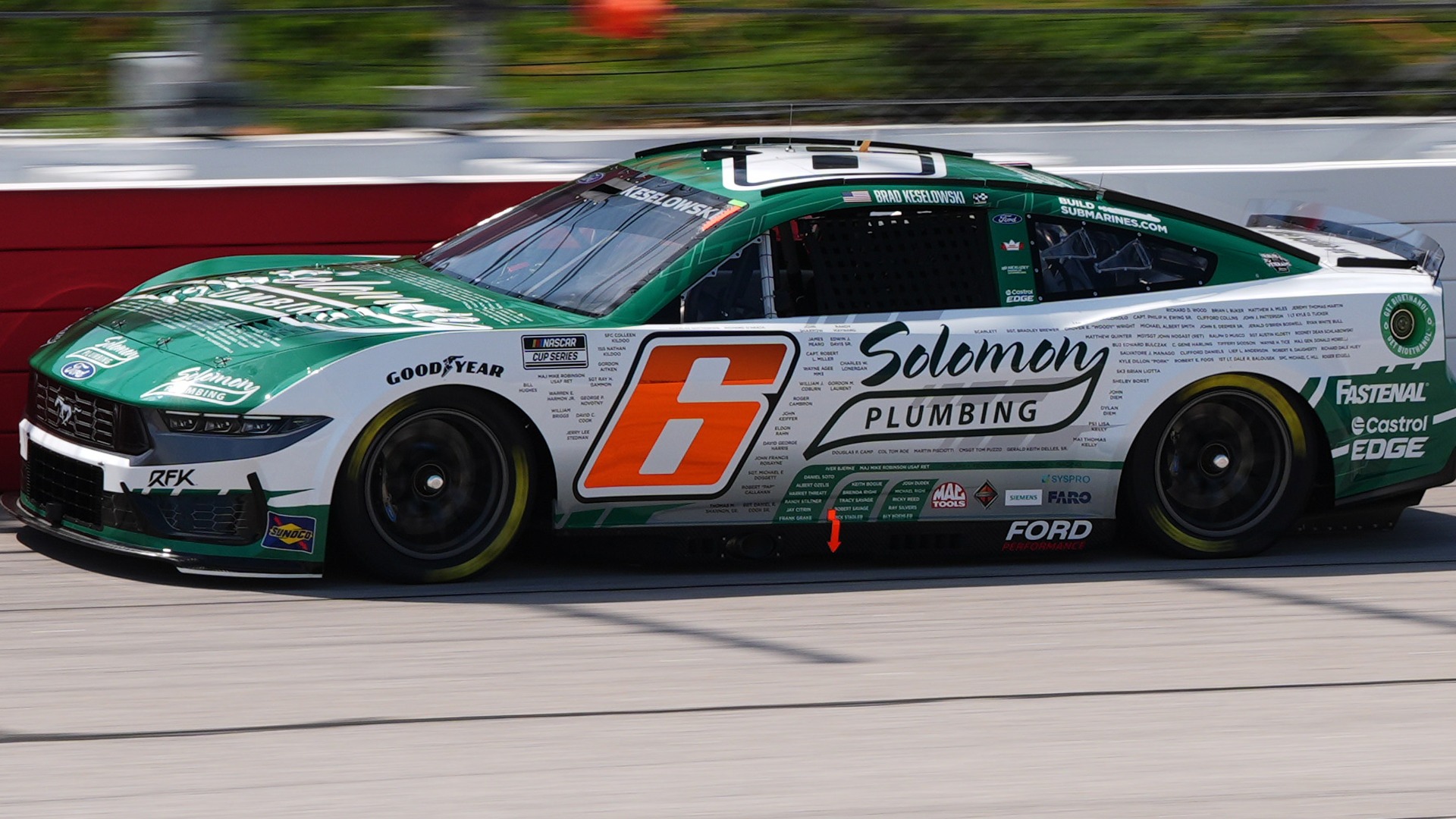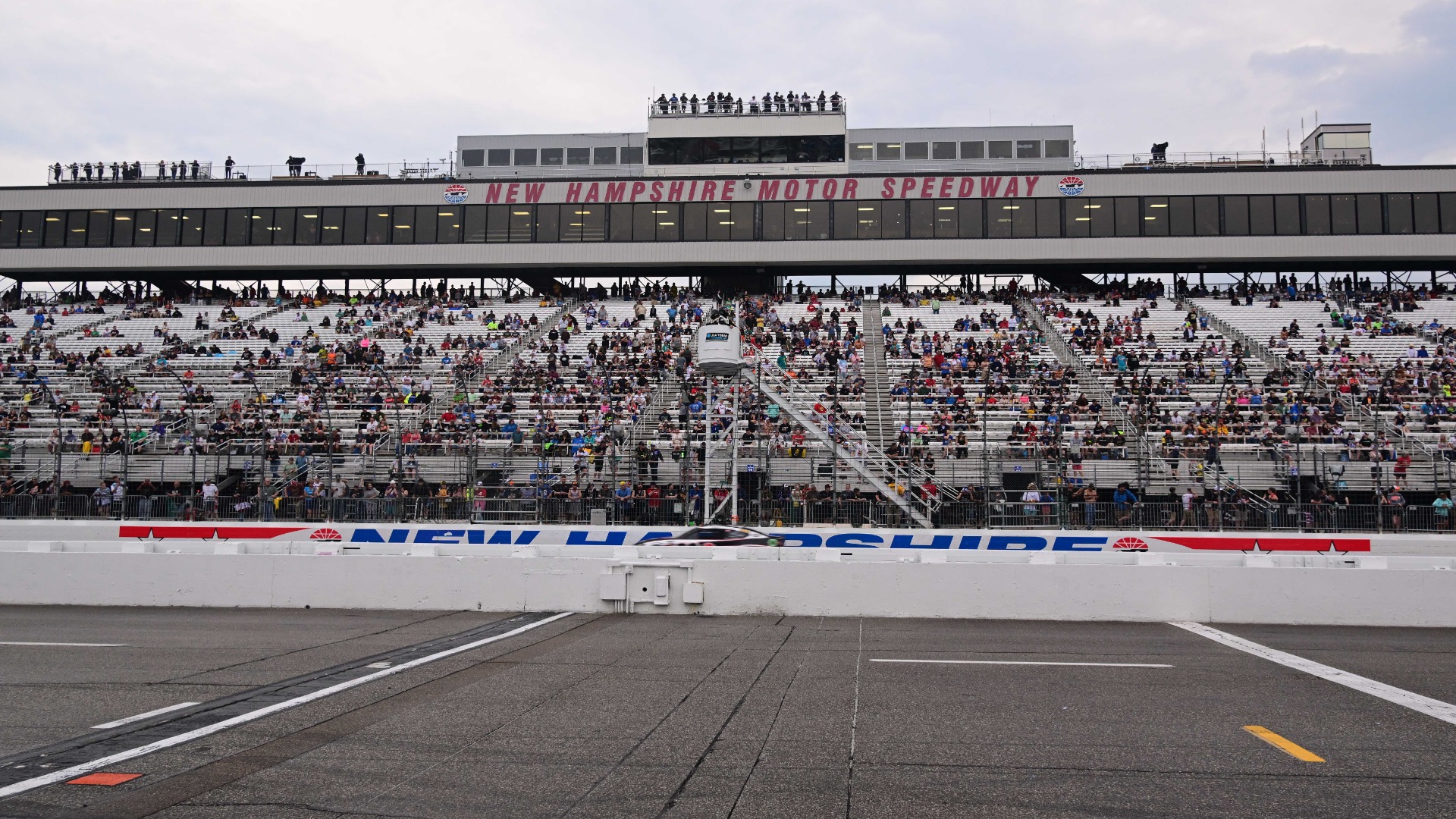Seemingly every time we drive past a weigh station on the highway it’s closed. As it turns out, though, there are perfectly good reasons for why they’re not always open.
Edgar B. Herwick III of WGBH News recently visited a weigh station in Rowley, Mass., where the Massachusetts State Police Commercial Vehicle Enforcement Unit was working. The unit, which is led by Lt. Tom Fitzgerald, only has 29 members, making it difficult to regularly operate the state’s dozens of weigh stations.
But a relative lack of man power isn’t the only reason Fitzgerald’s team doesn’t often open stations. Ideally, they’d only do so when the roads aren’t experiencing heavy traffic.
“One of the issues with the weigh station is the volume of traffic,” Fitzgerald told Herwick. “So right now, they’re almost backed out onto the highway. We can’t have an accident, so now we have to pull everything through. This is why we’re not out during rush hour.”
The purpose of weigh stations is to keep the roads safe. Unlike some states, Massachusetts doesn’t require every truck to be weighed. Rather, units like Fitzgerald’s are there to look for clues that trucks are carrying loads weighing more than 80,000 pounds.
“All the bridges are designed, basically, throughout the country to have a maximum acceptable weight of 800 pounds of tire pressure per square inch, so the weight laws are federal,” Fitzgerald told Herwick.
If troopers elect to weigh a truck, the fines for overweight loads increase depending on the weight, with a $1,600 fine being issued for loads that are 20,000 pounds over the limit.
Thumbnail photo via Flickr/LukeRobinson1



